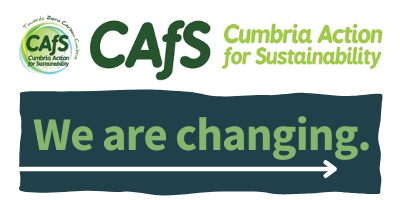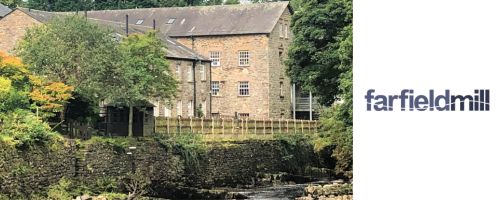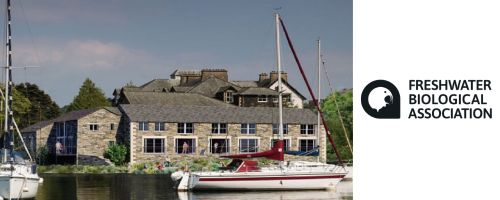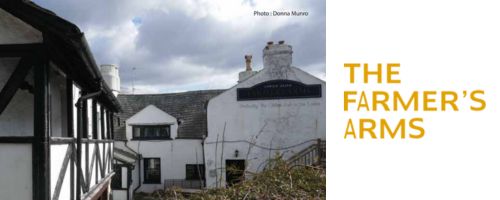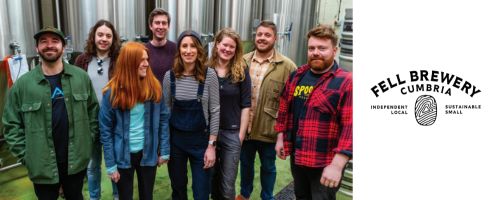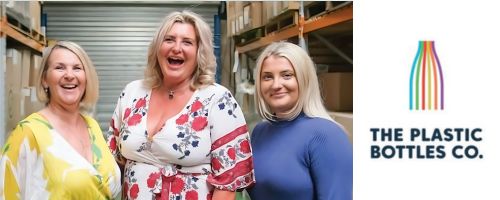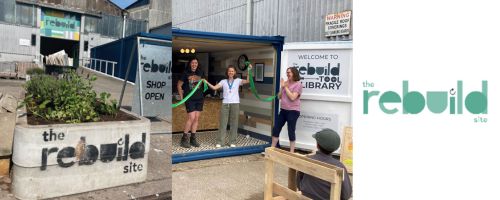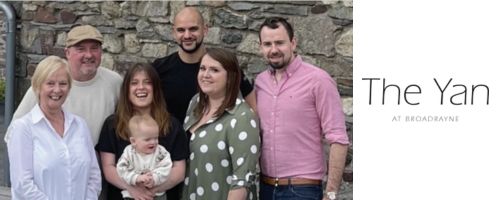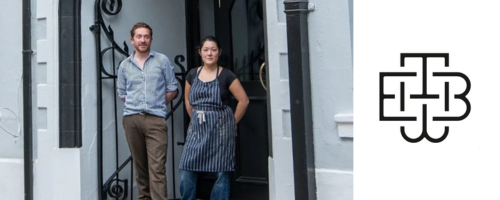W&F Green Enterprise Hub case studies
Partner case studies
Donna Munro’s ‘Building Energy Efficiency’ case study series
The ‘Building Energy Efficiency’ case study series focuses on approaches to improving building performance identified in energy surveys with the target of reducing energy and carbon emissions. Each case study is designed to showcase a range of options to improve building performance, including the types of building, key issues to address for the business and challenges faced. With rising energy prices we want to give you the tools to address this challenge – improving the energy efficiency of your existing buildings is one of the key ways to reduce them.
Cumbria Tourism’s ‘Guardians of Grub’ case study series
Wasted food is costing the Hospitality and Food Service Industry £3.2 billion a year, and 75% of the food wasted could have been eaten. We are working with the Guardians of Grub Scheme to create 20 Guardians of Grub champions who will be able to drastically cut food waste in their organisation. We are offering supplementary support to businesses such as data inputting, help with set up and developing waste management plans.
Joanne Larty’s ‘Leaving a Legacy’ case study series
The ‘Leaving a Legacy’ case study series focuses on five ways of thinking that are at the heart of sustainability: connecting to place, future thinking, sharing knowledge, provenance craft and tradition, creating value from surplus. Each case study is designed to provoke discussion, showcase a range of businesses passionate about sustainability, and to inspire local businesses to think in new ways about how they develop their sustainability (and business) strategy.
Art Gene’s ‘Low Carbon Barrow’ case study series
Full of Noises
Furness Media
Sea Cadets
Dandy’s Furniture Shop
Stollers
What our clients have to say:
The Hub … identified potential energy savings that could reach approximately 7,000 kWh annually, reducing our carbon footprint, and offering the prospect of considerable cost savings … Their professionalism and assistance have been paramount in charting a course for a greener, more cost-effective future.
The audit helped us understand where we were with the building … It flagged up things we hadn’t thought of, like insulating the loft hatches. It has also been really useful to refer to the audit in applications for funds. The auditor was incredibly helpful and patient, he understood the limits of what we could achieve and never sounded too preachy.
Simon was really helpful! We’ve had several meetings previously with sales people about EV chargers that have left us more confused than we started, so it was great to speak to someone impartial and informed! We have a much better understanding of what will work on the site, he was really easy to talk to and really enthusiastic about the project.
Having a strong network of local businesses that are actively engaged in helping each other has been invaluable. It has helped us to identify new ways of becoming sustainable. The more we build and share knowledge across the region, the greater impact we can have on local communities and the places that matter to us.

